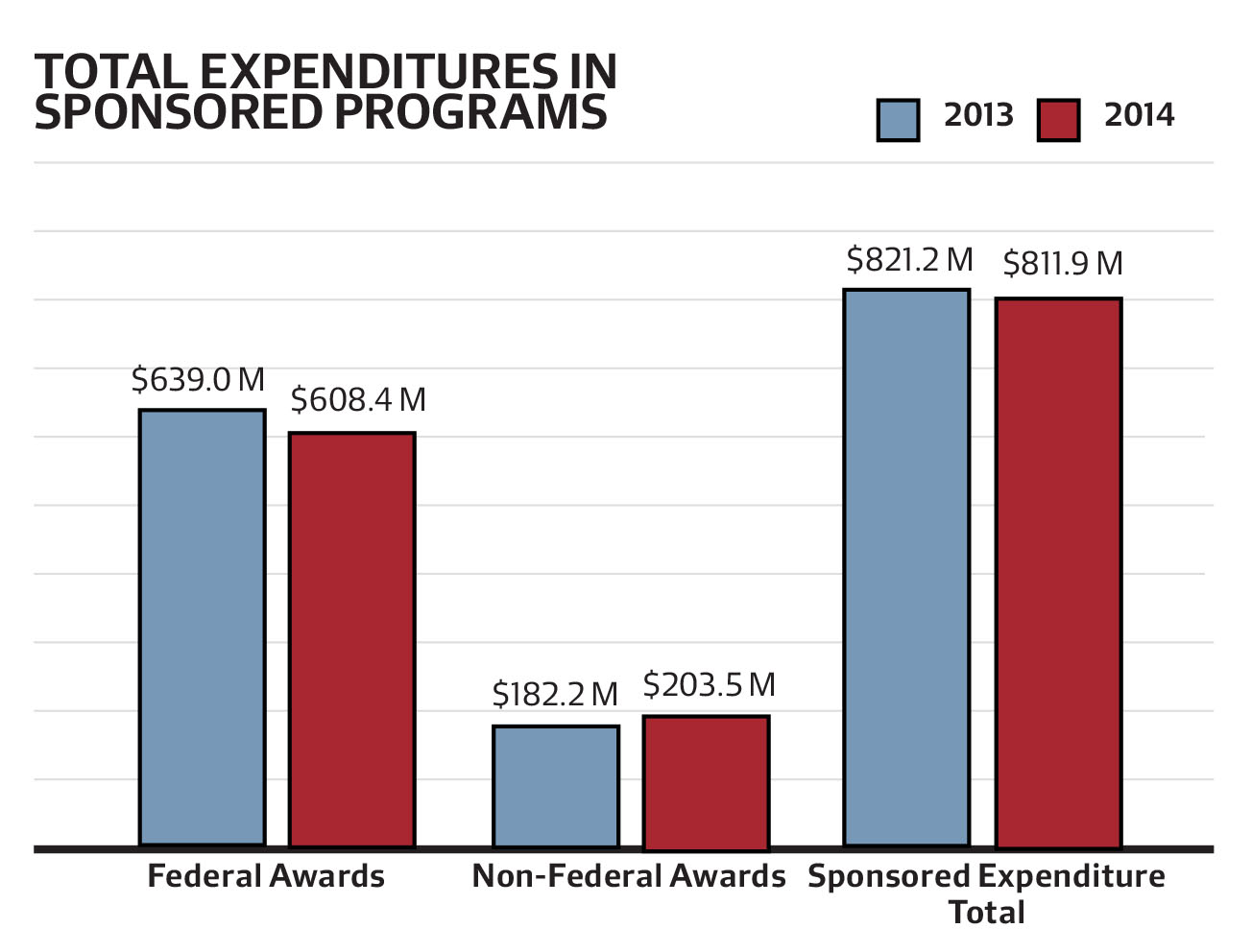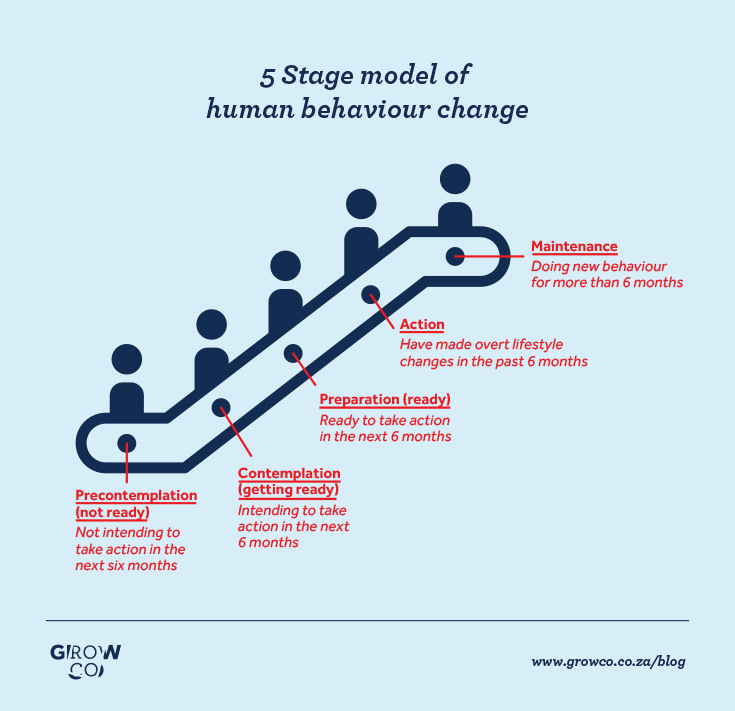Harvard research funding is a critical pillar supporting groundbreaking innovation in science, particularly at acclaimed institutions like Harvard University. Despite recent challenges, including NIH funding cuts, the university continues to push forward with pioneering projects, especially in the realm of biologically inspired engineering. One notable project involves organ-on-a-chip technology, which holds promise for advancing our understanding of human health and disease. However, the sudden freeze in federal funding has created turmoil, putting many of these initiatives at risk. Researchers are now striving to navigate these difficulties while ensuring that their vital work continues to thrive amidst uncertainty.
Funding for scholarly research at Harvard University represents a vital engine for technological and scientific advancement. The institution is renowned for its contributions to fields such as biologically inspired engineering, which intersects with cutting-edge technologies like organ-on-a-chip systems. With the recent challenges posed by NIH funding cuts, researchers are rallying to safeguard their projects and the talent behind them. As federal funding restrictions threaten ongoing innovations, there is an urgent need for effective strategies to sustain scientific exploration. Harvard’s commitment to fostering groundbreaking research continues to be tested as it navigates a landscape fraught with financial challenges.
Understanding Harvard Research Funding Challenges
The recent turmoil surrounding research funding at Harvard University has brought to light significant challenges facing academic institutions. Harvard research funding has become increasingly precarious, particularly in light of government actions that have frozen billions of dollars earmarked for research and development. This halt has directly impacted multiple projects, including innovative initiatives at the Wyss Institute for Biologically Inspired Engineering. Research leaders like Don Ingber are now forced to navigate uncertain waters as they seek to preserve vital research and sustained progress.
Amidst cries for necessary transparency from the government regarding funding allocations, Harvard’s litigation reflects broader concerns about the fate of innovation in science. The implications are far-reaching, not only affecting researchers and their projects but also the next generation of scientists striving to contribute to the understanding of complex biological systems. The quest for funding amidst regulatory pushback emphasizes the urgency of the partnership between higher education and government agencies in fostering a sustainable innovation landscape.
The Role of Biologically Inspired Engineering at Harvard
Biologically inspired engineering at Harvard is paving the way for significant advancements in various fields. The applications of organ-on-a-chip technology showcase how research can mimic biological processes to better understand diseases and injuries. These platforms allow scientists to simulate human organ responses in controlled environments, making it a groundbreaking tool in biomedical research. Such innovations are crucial not only for drug discovery but also for reducing the reliance on animal testing.
Projects led by the Wyss Institute illustrate Harvard’s commitment to integrating engineering principles with biological insights. Ingber’s team’s work, which includes studying radiation effects on human tissues, highlights the urgency of these research efforts in areas like public health and space exploration. As Harvard’s researchers strive to push the boundaries of science, they also face the dual challenge of securing consistent funding and maintaining a robust talent pool, essential for continued breakthroughs.
Navigating NIH Funding Cuts and Their Impact
The recent cuts to NIH funding have sparked serious concerns within the academic community, with many fearing a decline in research quality and output. These funding reductions not only hinder current projects but also deter new researchers from entering the field. For institutions like Harvard, where research is integral to their mission, the implications of these cuts could be detrimental to further innovations and discoveries that ultimately contribute to national healthcare and technology advancements.
Moreover, the NIH funding landscape is critical for fostering collaborations across disciplines. The integration of organ-on-a-chip technology in biomedical research highlights the necessity of sustained financial support from federal entities. Researchers are particularly worried that without immediate intervention to restore funding, the pipeline of groundbreaking technologies may be stunted, adversely affecting the progression of scientific inquiry and the ability to tackle pressing health issues.
The Importance of Organ-on-a-Chip Technology
Organ-on-a-chip technology represents a transformative leap in how scientific research is conducted, allowing for more ethical and efficient exploration of human biology. By replicating organ functions on micro-engineered chips, researchers can investigate cellular interactions in a controlled environment, which is invaluable for drug testing and understanding disease mechanisms. The technology underscores the need for ongoing support from research funding bodies to continue these advances.
This innovation is particularly significant for areas such as personalized medicine and toxicology, where traditional methods may fall short. As highlighted by Ingber’s projects examining radiation effects on astronauts, the implications of organ-on-a-chip research extend beyond laboratory settings, paving the way for real-world applications in medicine and safety. Continued investment in this area is crucial as it not only holds promise for treating conditions but also protects public health during crises like nuclear incidents.
Innovation in Science: A Collaborative Effort
Innovation in science thrives on collaboration between academia, industry, and government entities. Harvard embodies this model through initiatives that merge biological research with engineering principles. Such interdisciplinary engagements foster an environment ripe for making significant strides in technology and medicine. The urgent call for collaboration grows even more acute amidst ongoing funding challenges and a rapidly changing political landscape.
Researchers like Don Ingber consistently advocate for preserving the nexus of education, research, and federal support. By creating a strong cooperative framework, these stakeholders can work together to counterbalance the adverse effects of policies that threaten innovative research. Ensuring that scientific inquiry remains unhindered is essential not just for immediate research goals but also for the long-term sustainability of advancements that drive the economy.
Impact of Government Actions on Yale and Harvard
The recent government actions applying pressure on leading institutions like Harvard and Yale have prompted widespread concern about the future of academic research. By instigating funding freezes, the government has inadvertently jeopardized years of progress in science and innovation. As critical players in the research ecosystem, both universities have been vocal in their resistance to these measures, affirming their belief in the necessity of unhindered academic inquiry.
These tensions highlight the broader implications for American innovation, where government support is crucial for continued development. The collaboration between academia and federal agencies has historically enabled groundbreaking research that not only benefits society but also drives economic growth. The current climate threatens to disrupt this delicate balance, and it remains imperative for institutions to advocate for their autonomy in fostering scientific advancements.
The Future of Research in Uncertain Times
As the landscape of research funding becomes increasingly unpredictable, the future for many projects hinges on the outcomes of lawsuits and political negotiations. Researchers at institutions like Harvard are adopting adaptive strategies to manage personnel and resources effectively during this tumultuous period. They are navigating not only their immediate research goals but also the well-being of their teams amidst uncertainties that pervade the academic environment.
This cautious approach is characterized by a strong focus on maintaining momentum in crucial projects, such as those using organ-on-a-chip technology for health and environmental research. While securing alternative funding avenues is necessary, it simultaneously reflects a broader trend of resilience within the academic community. The foundation of innovation rests on the devotion of scientists who continue to push the boundaries of knowledge even in the face of adversity.
The Ripple Effect of Research Freezes
When research freezes occur, the ripple effects can be felt across various sectors, delaying advancements that impact society. The potential fallout from halted projects like those at the Wyss Institute speaks volumes about the interconnectedness of scientific progress and governmental support. Each halted project represents lost time and resources, as well as the intangible costs associated with dwindling morale among scientists and students alike.
Furthermore, the freeze on funding underscores a crucial point about the reliance of innovation on a stable financial ecosystem. Universities like Harvard play a critical role in nurturing talent and research initiatives that have far-reaching effects on health, technology, and beyond. If the research grind continues to face these interruptions, there may be lasting consequences on the trajectory of scientific development and the capacity for the U.S. to remain a leader in global innovation.
Rebuilding Confidence in the Research Community
To rebuild confidence within the research community, transparent communication and sustained advocacy for funding become essential. Institutions like Harvard must continue to engage stakeholders, emphasizing the critical role of research in addressing societal challenges. By advancing discussions about the impacts of NIH funding cuts and other governmental actions, researchers can galvanize public understanding and support for continued investment in science.
Additionally, fostering an inclusive and supportive environment for emerging scientists is crucial. As experienced researchers like Ingber navigate these challenges, their mentorship can help guide younger talent during uncertain times. Encouraging collaboration across disciplines can further enhance the resilience of the research community, fortifying it against future adversities and ensuring the continuity of American innovation at the forefront of global scientific advancement.
Frequently Asked Questions
What is Harvard research funding?
Harvard research funding refers to the financial support provided to researchers at Harvard University to facilitate innovative projects across various scientific disciplines. This funding often comes from government grants, private foundations, and industry partnerships, enabling groundbreaking work such as organ-on-a-chip technology and advancements in biologically inspired engineering.
How are NIH funding cuts affecting Harvard research?
NIH funding cuts significantly impact Harvard research by limiting resources for critical projects. With diminished federal grants, researchers at Harvard, including those working in biologically inspired engineering, may encounter challenges in securing financial support, which can delay or halt vital innovations, including studies utilizing organ-on-a-chip technology.
How does organ-on-a-chip technology benefit from Harvard research funding?
Organ-on-a-chip technology represents a cutting-edge area of research at Harvard University, supported by various funding sources. By simulating human organ systems, these projects can contribute to novel drug testing and disease modeling, showcasing the critical role of Harvard research funding in advancing this innovative technology.
What role does Harvard play in innovation in science?
Harvard plays a pivotal role in innovation in science through its robust research funding and collaborative efforts among various disciplines. The university’s investments in projects, particularly in biologically inspired engineering and organ-on-a-chip technologies, drive scientific breakthroughs that impact both academia and industry.
What can Harvard researchers do in response to research funding challenges?
In the face of research funding challenges, including government cuts, Harvard researchers can seek alternative funding from private foundations, enhance collaboration with industry partners, and explore internal university grants. These strategies are essential for maintaining momentum in projects that rely on innovative technologies like organ-on-a-chip.
What is the impact of Harvard’s research projects on the economy?
Harvard’s research projects, particularly those in biologically inspired engineering and other high-tech fields, significantly contribute to the economy by fostering innovation and creating new industries. The university’s role in securing research funding ensures that it remains a leader in scientific advancement, which ultimately drives technological development and economic growth.
Why is securing Harvard research funding vital for projects dealing with radiation exposure?
Securing Harvard research funding is vital for projects dealing with radiation exposure because these studies, such as those utilizing organ-on-a-chip technology, provide essential insights into health risks and therapeutic strategies. This research is critical for scenarios such as nuclear medicine and astronaut safety, highlighting the importance of sustained financial support.
What future challenges may arise for Harvard research due to current funding instability?
Future challenges for Harvard research due to current funding instability may include difficulty in attracting top talent, halting of innovative projects, and potential layoffs. Researchers may face uncertainty in project continuity, particularly in fields reliant on urgent federal and private funding, like biologically inspired engineering and public health.
| Key Topic | Details |
|---|---|
| Stop-Work Order | Harvard received a stop-work order after rejecting demands from the Trump administration, targeting certain organ-on-a-chip projects. |
| Funding Freeze | Approximately $2.2 billion in research funding was frozen by the government, affecting various projects at Harvard. |
| Lawsuit | Harvard has filed a lawsuit against the government, seeking to restore funding and contesting the legitimacy of the demands. |
| Impact on Researchers | Researchers face uncertainty, with potential job losses and halted projects, urging quick decisions to manage staff. |
| Scientific Projects | Key projects involve studying radiation damage in human organs and microgravity effects on astronauts. |
| Consequences for Innovation | The situation underscores the risk of losing talent and stifling the innovation cycle critical to economic growth. |
Summary
Harvard research funding is currently under significant strain due to a government-mandated stop-work order impacting crucial scientific projects. This unprecedented funding freeze jeopardizes not only individual researchers but also the broader innovation framework that has historically driven American advancements. The ongoing legal battle and the uncertainty surrounding funding have raised alarms about the future of research, which is essential for technological progress and economic development. Ensuring the restoration of Harvard research funding is vital to maintaining the leadership of U.S. in global scientific innovation.


